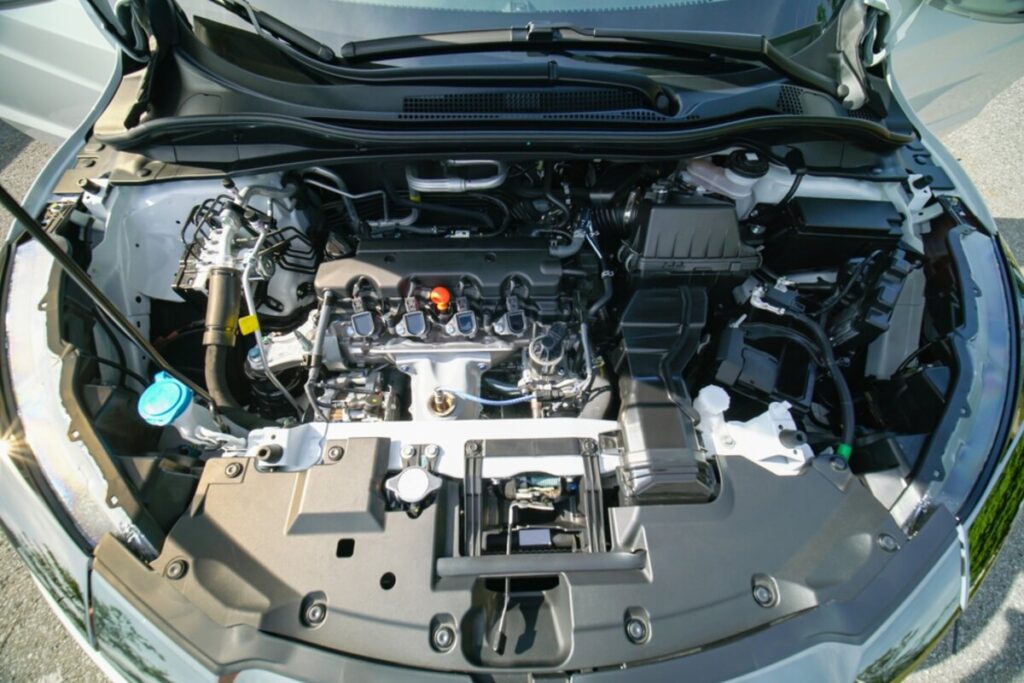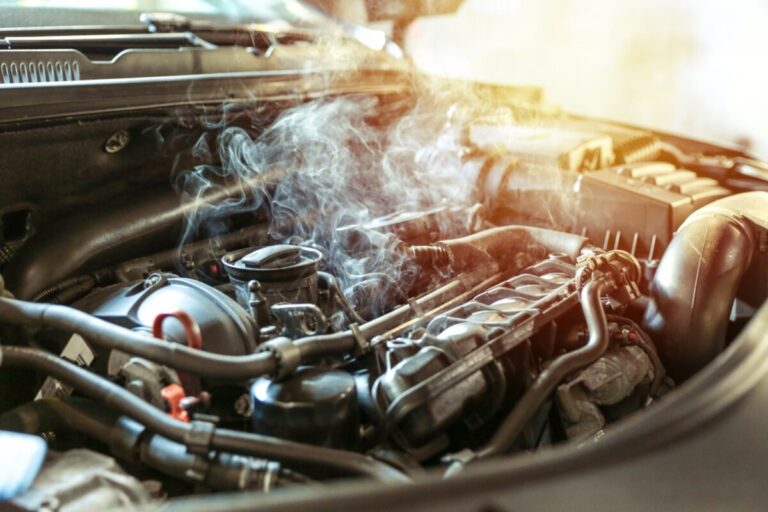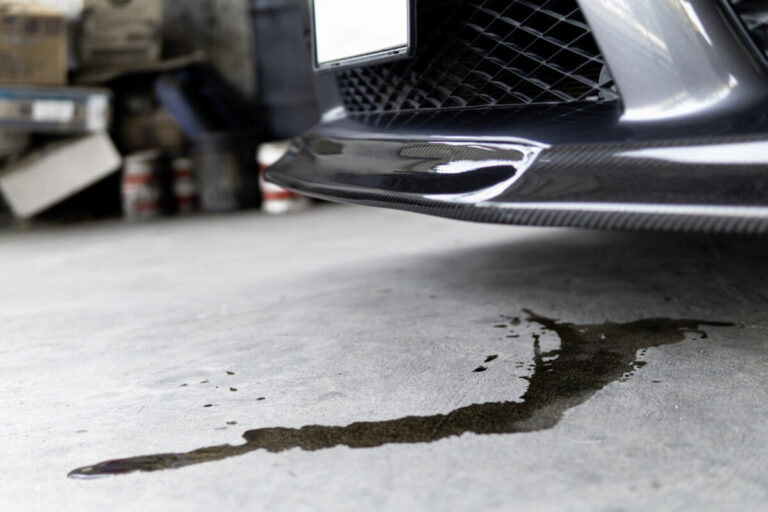When your BMW’s smooth ride is suddenly interrupted by the unsettling sound of an exhaust misfire, it can cause immediate concern. What causes this issue, and what steps should you take to resolve it? Let’s explore the reasons behind your BMW’s exhaust misfiring and how to get your car back to its peak performance.
What Is an Exhaust Misfire?
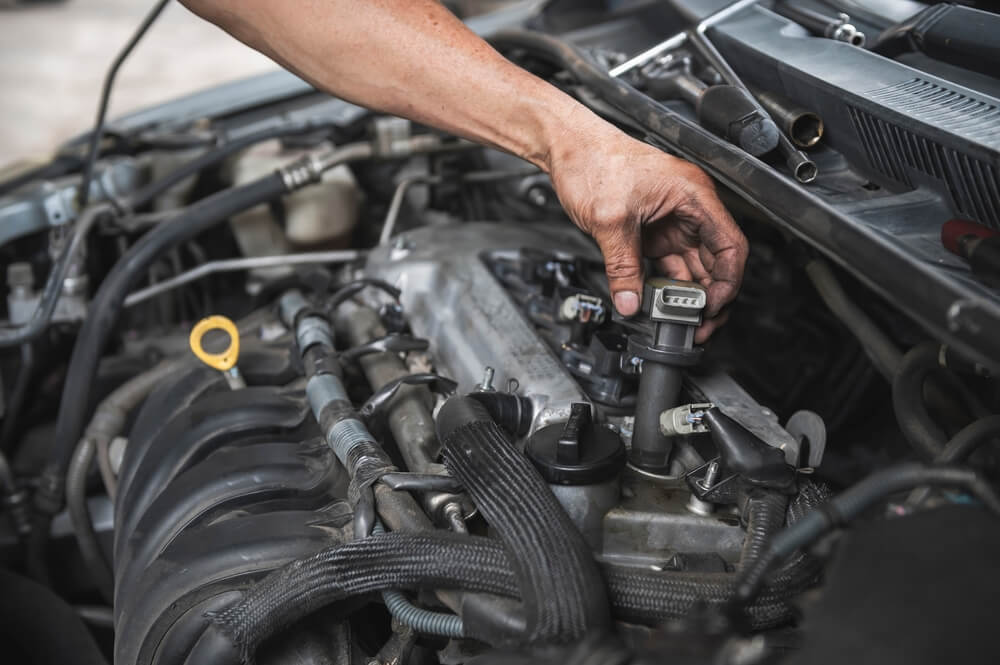
An exhaust misfire occurs when the combustion process within one or more of the engine cylinders is incomplete. This incomplete combustion can lead to unburnt fuel being expelled into the exhaust system, which often results in unusual noises and reduced engine performance.
Symptoms of an Exhaust Misfire
Before we get into the causes, it’s crucial to recognize the symptoms of an exhaust misfire:
- Unusual Sounds: Popping or backfiring sounds from the exhaust.
- Engine Performance Issues: Noticeable drop in power, rough idling, or difficulty starting the engine.
- Check Engine Light: Often, an illuminated check engine light will accompany these symptoms.
- Increased Emissions: Higher than usual emissions due to unburnt fuel.
Common Causes of Exhaust Misfires
Ignition System Problems
One of the primary reasons for exhaust misfires is issues with the ignition system. This includes faulty spark plugs, ignition coils, and wiring. When these components fail, the spark needed to ignite the fuel-air mixture is either weak or absent, leading to incomplete combustion.
Spark Plugs
Spark plugs play a vital role in the ignition process. Over time, they can become fouled or worn out, reducing their effectiveness. Regular maintenance and replacement of spark plugs are crucial to prevent misfires.
Ignition Coils
Ignition coils convert the battery’s voltage into a higher voltage needed to create a spark. A failing ignition coil can lead to weak sparks and subsequently, misfires.
Fuel System Issues
The fuel system is another critical area to examine when dealing with exhaust misfires in your BMW. Problems within this system can disrupt the proper air-fuel mixture required for combustion.
Fuel Injectors
Fuel injectors are responsible for delivering fuel to the engine’s cylinders. When they become clogged or malfunction, they can lead to an inconsistent fuel supply, causing misfires.
Fuel Pump
A faulty fuel pump can result in inadequate fuel pressure, preventing the engine from receiving the necessary fuel for combustion. This can lead to a misfire, especially under load or acceleration.
Air Intake Problems
The air intake system ensures that the right amount of air mixes with the fuel. Issues here can also lead to misfires.
Air Filter
A clogged or dirty air filter restricts airflow to the engine, leading to a rich fuel mixture. This imbalance can cause misfires and reduce overall engine performance.
Mass Air Flow Sensor
The mass air flow (MAF) sensor measures the amount of air entering the engine. A malfunctioning MAF sensor can send incorrect data to the engine control unit (ECU), resulting in an improper air-fuel mixture.
Diagnosing the Problem
Using Diagnostic Tools
Modern BMWs are equipped with onboard diagnostic systems that can help pinpoint the cause of a misfire. Using an OBD-II scanner, you can read the error codes generated by the vehicle’s ECU. These codes can provide valuable insights into which components might be failing.
Visual Inspections
In addition to electronic diagnostics, a thorough visual inspection of the ignition and fuel systems can help identify obvious signs of wear or damage. Check spark plugs, ignition coils, fuel injectors, and related wiring for any visible issues.
Repair and Maintenance Tips
Regular Maintenance
Preventative maintenance is key to avoiding exhaust misfires. Regularly replacing spark plugs, inspecting ignition coils, and ensuring the fuel system is clean can go a long way in keeping your BMW running smoothly.
Professional Repairs
While some maintenance tasks can be performed at home, it’s often best to consult a professional mechanic for more complex issues. BMWs are sophisticated machines, and a trained technician can accurately diagnose and fix problems that might be challenging for a layperson.
Quality Parts
Always use high-quality, original equipment manufacturer (OEM) parts for replacements. While cheaper, aftermarket parts might be tempting, they often don’t meet the same standards and can lead to further issues down the line.
Conclusion
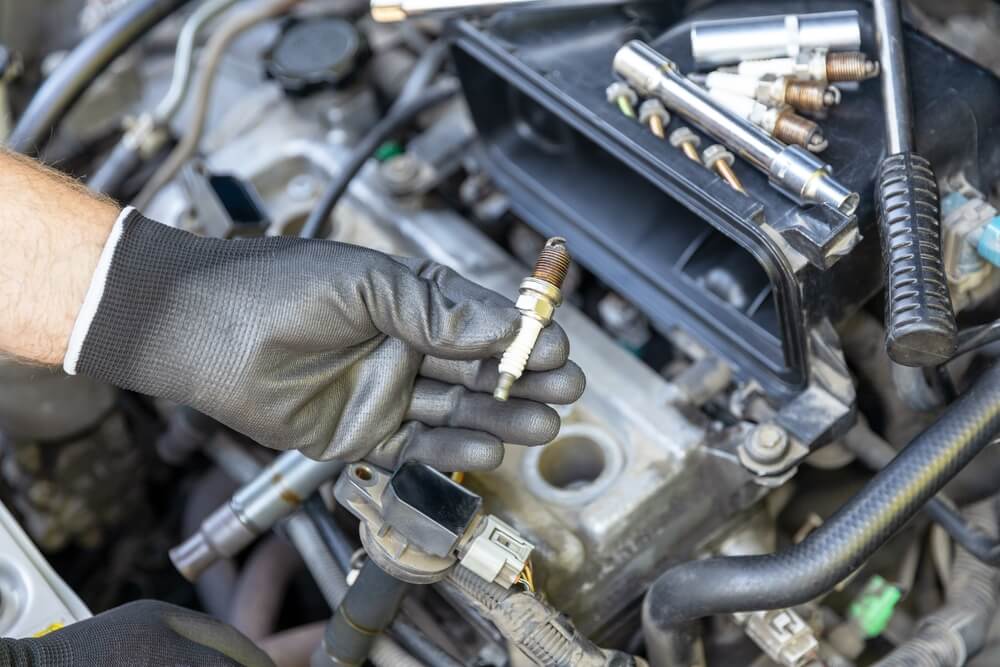
Exhaust misfires in a BMW can be alarming, but understanding the potential causes and taking proactive steps can help you address the issue effectively. Regular maintenance, proper diagnostics, and quality parts are crucial in keeping your vehicle in optimal condition. By staying vigilant and addressing issues promptly, you can ensure your BMW continues to deliver the performance and reliability you expect. For expert help and professional BMW repair, contact Euroworx today.

